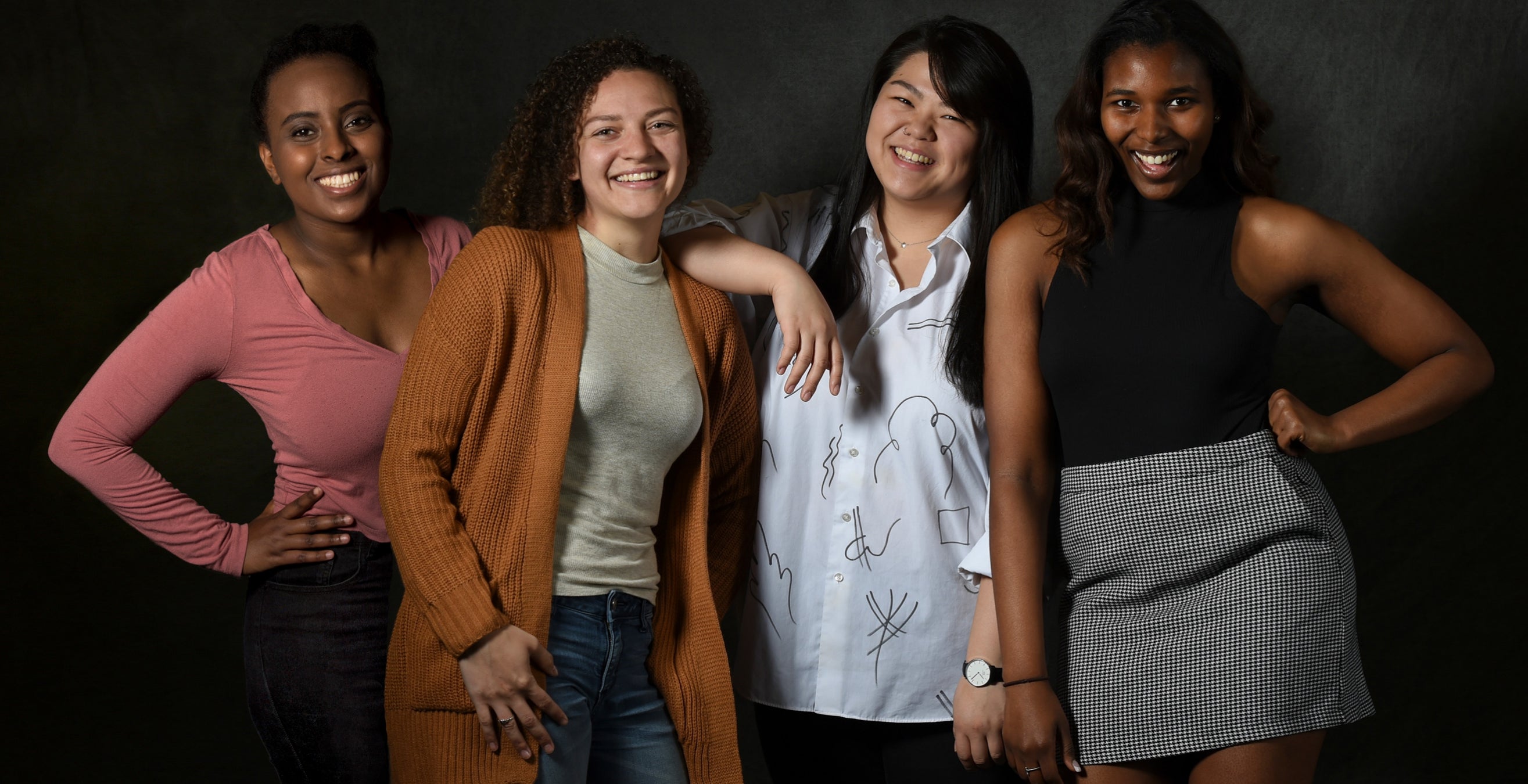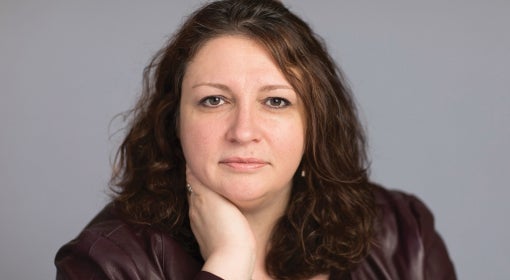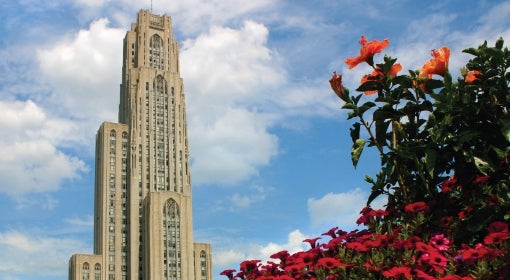She spent the van ride staring outside, first at the tree-lined Cape Town cityscape, then, once they hit the highway, at the suburban sprawl and the distant profile of mountains rising from the horizon. The farther they rode, the more the scenery changed. Eventually, the pitched roofs and watered lawns of more affluent neighborhoods disappeared beyond the walls that divided them from the road. In their place appeared tiny homes pieced together from plywood, plastic, and tin.
Mariah Butchko had reached a crowded, parched corner of the Cape Flats. Thousands of Black South Africans were forced to relocate here during apartheid, the country’s segregationist system institutionalized between 1948 and the 1990s. Many remain confined to the cramped, impoverished quarters today, living under sagging roofs and without running water.
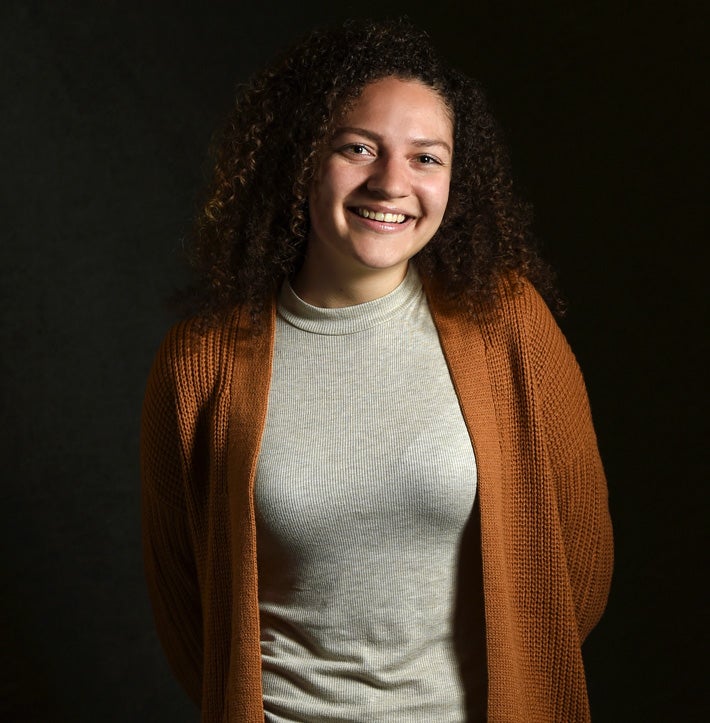 The van delivered Butchko and a group of other American college students to a local school. Four times a week they volunteered there at an after-school program as part of a service-learning project, helping to lead discussions where teenagers could talk out their problems.
The van delivered Butchko and a group of other American college students to a local school. Four times a week they volunteered there at an after-school program as part of a service-learning project, helping to lead discussions where teenagers could talk out their problems.
There had been other volunteer options at the school.Butchko, an early childhood education major at Pitt–Johnstown, could have tutored or assisted with music or dance classes. But she felt drawn to the discussion group, where she hoped she might be able to make a small difference in the students’ lives.
“They realized that we weren’t going to leave and we were actually interested,” Butchko says of herself and two fellow volunteers. “Once we started to open up, that’s when they started opening up as well.”
Before long, the teenagers began to talk about the difficulties of supporting their families when parents can’t find work; the consequences of dropping out of school; and the struggles for excellence in communities with so few resources. Butchko knew that she couldn’t save these students from their problems or the complex circumstances that caused them, but she had recently learned that she could still help guide them forward, simply by being open, and being present.
Up until that summer, Butchko was sometimes shy and often reserved. Yet, there was little trace of that person in the South African classroom.
The trip strengthened her—but it wasn’t the only experience to do so. Months before she packed her bags, a powerful, Pitt-hosted program was already providing her with the tools she needed to flourish.
International travel has the potential to transform. Trading home for unfamiliar places, becoming immersed in different customs and cultures, trying out new foods, activities, and perspectives—travel experiences are built upon the act of leaving behind what is known and welcoming new possibilities.
Vira Ingham Heinz knew just how metamorphic seeing new corners of the world can be. A Pittsburgh civic leader and philanthropist who often served in positions previously closed to women, she relished travel, the independence it nurtured, and the discoveries it yielded. Yet Heinz recognized that, in her era, usually only young men were afforded the opportunity to travel by themselves. If they could do it, she knew that young women should, too.
In 1954, Heinz wrote a check for $1,000—equal to about $9,000 in today’s money—to fund an overseas trip for one female student at the University of Pittsburgh. Over the years, she established similar scholarships at schools across Pennsylvania, enabling dozens of women to journey abroad and broaden their horizons. By the time of her death in 1983, arrangements had been made to ensure that the scholarships would remain available for generations to come.
Today, the philanthropist’s efforts have evolved into the annual Vira I. Heinz (VIH) Program for Women in Global Leadership. Last year, 43 young women from 15 Pennsylvania universities were selected for the program, including Butchko, the traveler in South Africa.
Administered by Pitt and funded through The Heinz Endowments, it’s an innovative, year-long experience that blends travel with leadership training, cultural explorations, and community engagement to empower women to become tomorrow’s leaders.
Every woman chosen for the VIH Program is a first-time traveler outside of the United States, and many come from underserved communities. They each receive at least $5,000 to study abroad during the summer in a country of their choosing, be it Australia or Argentina, Thailand or Tanzania. Bookending that journey are intensive development retreats and a community engagement project, making it more than your typical study abroad program.
The leadership development component of the program was created at Pitt in 2007, inspired by a drive to provide the young women with all the tools they need to grow. That includes both preparing them to make the most out of their travels and helping them use all they learn abroad to best serve themselves and the world around them.
“I’ve heard from so many former students that VIH was a really healthy place for them,” says Sarah Wagner, the VIH Program’s director. “That they found a sense of community, that they stretched themselves and supported each other and learned about new cultures and different types of people. They become awakened and invigorated and ready to act with all of this new knowledge and new skill. We help them capitalize on that.”
Eden Hailu felt nervous. As the days leading up to her flight to Tanzania melted away, worries arose inside her. The Pitt political science and economics major had never been on a plane before. What if she had trouble getting through security or missed her flight? What if she couldn’t get around on her own in Tanzania? After all, she only knew a few words of Swahili.
Those fears dissipated as soon as Hailu arrived. Excitement, and the confidence to explore new ways of living, propelled her forward. She took classes in Swahili, public health, and East African culture at the Primary Health Care Institute in the clifftop town of Iringa. On weekends, she traveled to rural villages where she talked to girls about the obstacles they face in pursuing an education. Understanding their perspectives had been one of the key goals Hailu had when accepted to the VIH Program.
Being courageous in the face of uncertainty and receptive to new perspectives were skills the Pitt sophomore had practice in before she left the United States, thanks to the spring’s pre-departure retreat, the VIH Program’s first phase. Held on Pitt’s campus, the weekend gathering brought Hailu and her cohort together to prepare for their adventures abroad through leadership training and cross-cultural explorations.
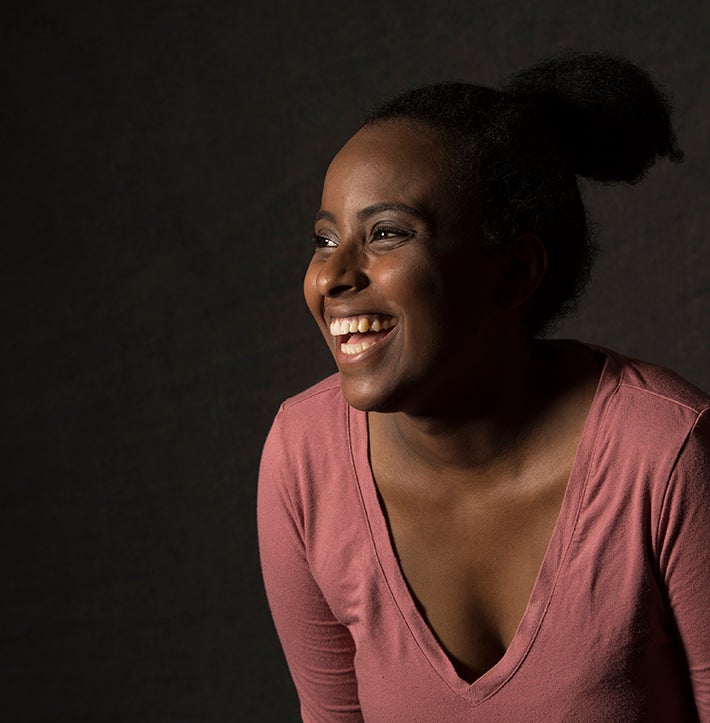
They got a taste of foreign cuisine and dining decorum at an Ethiopian restaurant in East Liberty. They felt the physicality of culture through an Indian dancing lesson. They listened to a panel of young women discuss what it is like to be Muslim in America. Each awardee learned about what differences to expect in their destination country through chats with their “cultural coach”—a person from their destination country or a VIH Program alumna who has traveled there. Complementing these experiences were discussions about how to balance personal and global perspectives and the common challenges that women face around the world.
“Leaders have to be equipped to foster relationships and nurture abilities and skills within everyone,” says Wagner. “When we think about developing global perspectives, we think about generating a person who looks at a situation and doesn’t immediately bring their own values into play, but instead asks, ‘What are the values of others?’ Or who learns to be an active listener and lets someone else talk who has less power than them.”
Hailu exercised these lessons in the rural villages in Tanzania. But the reminder to be open and accepting of difference had a lighthearted impact, too.
“Everyone asked me why I walked so fast,” she recalls. Recognizing that her American pace was out of place in East Africa, she adjusted her stride and loved the result. “I felt like I had no worries. It was very peaceful.”
In a busy store in Seoul, thousands of miles from home, Courtney Yu spotted something familiar: a small, foil-topped plastic container of banana-flavored milk. The drink is popular in South Korea, where Yu had just begun to study abroad through the VIH Program, but it was also a treat she enjoyed while growing up in a Korean-American household. She gave it up, however, when some kids at school teased her for bringing in the foreign fare. In Seoul, she plucked the drink from the shelf. Later, when she cracked it open, it tasted just as good as she remembered.
Yu had always been conflicted about her cultural identity—whether she was more Korean or more American. She often felt like an outsider growing up in predominantly White Aliquippa, Pennsylvania. At Pitt, she found ways to explore her heritage. She joined and became president of the Asian Students Alliance, where she built a close group of friends. She applied to the VIH Program with hopes to explore her father’s home country.
During her six weeks in Seoul, Yu immersed herself in her roots by taking Korean language classes and studying Asian fiction at Yonsei University. She journeyed to the hometowns of her grandparents and struck up friendships with locals.
By the time the political science major had returned to Pitt in the fall, she saw the experience as a crucial step in coming to terms with her identity. Finally, she had the assurance to just be herself.
“I don’t have to pick one or another, Korean or American,” she says.
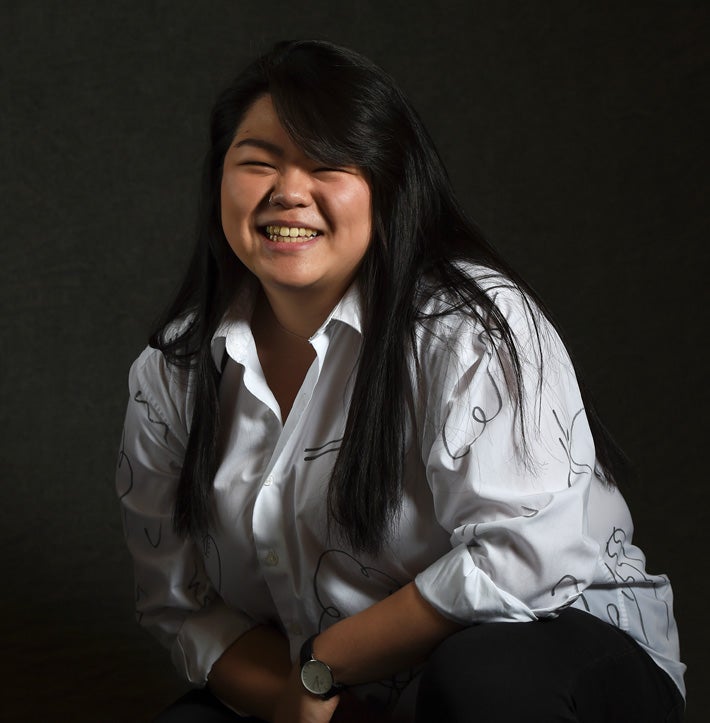 That September, the VIH Program held its fall retreat, which brings all awardees together again to share and process their travel experiences. Each woman makes a poster board presentation filled with photos and mementos that represent the understandings she achieved while abroad. Yu’s display boasted a large, 3D yellow banana milk carton. It symbolized how her time abroad put her on the path of self-acceptance.
That September, the VIH Program held its fall retreat, which brings all awardees together again to share and process their travel experiences. Each woman makes a poster board presentation filled with photos and mementos that represent the understandings she achieved while abroad. Yu’s display boasted a large, 3D yellow banana milk carton. It symbolized how her time abroad put her on the path of self-acceptance.
Wagner says that providing VIH awardees with opportunities to reflect on their international experience and create meaning from it is an important component of the fall retreat and the program as a whole. The practice encourages students to integrate the transformative parts of their journeys into their lives back home. Plus, it’s just plain fun for all of the women to get a glimpse into the adventures undertaken by other members of their cohort.
With travel tales shared, the next step is to help the scholars extend what they have learned about the world and themselves into becoming strong female leaders. At both the fall and spring retreats, attention is given to acknowledging and learning to navigate the challenges many women encounter as they ascend to leadership positions. It’s another way the program is channeling Vira Heinz’s trailblazing legacy into empowerment for new generations of women.
Ra’Van Williams, a Pitt engineering major who spent part of the summer studying engineering and business in Munich, Germany, found these discussions instructive. She learned from one guest speaker that some women have been socialized to be modest or shy when it comes to acknowledging their accomplishments to avoid sounding pompous or resistant to being part of a team. As a result, they may get passed over for advancements in the workplace. Williams recognized falling into this habit herself. So, she made the choice to begin claiming her successes with more confidence.
“I decided to own things and not feel bad about it,” she says.
“Women have done so much in so many areas,” says Wagner. “But if you look at the gender composition of leadership roles, you can see a disparity. The more women we have in leadership roles, the more we can help each other. And that’s good not only for women, but for society, too.”
By the autumn after her experience in South Africa, Mariah Butchko felt changed. The travel had given her new perspectives not just about the world, but also about herself. The support she received from the VIH Program and her fellow awardees created a foundation on which she could keep growing. And the final phase of the program—the community engagement experience—was turning out to be an opportunity to put all of her new knowledge into action.
With the goal of encouraging participants to “think globally and act locally,” the VIH Program requires women to work as a team with other awardees from their institution to use their newfound knowledge to provide a service to their community. Butchko’s team at Pitt–Johnstown prepared a multi-faceted workshop, delivered on campus, about how to discuss difficult subjects—something with which she had a lot of practice.
“It was titled Step Out: Get Comfortable with Getting Uncomfortable,” she says. They spoke about effective communication and modeled how to deal with confrontation in a productive way.
More people showed up for the workshop than they expected. Standing there before the crowd with something important to share felt a little scary, but also really good. She felt more confident and more capable.
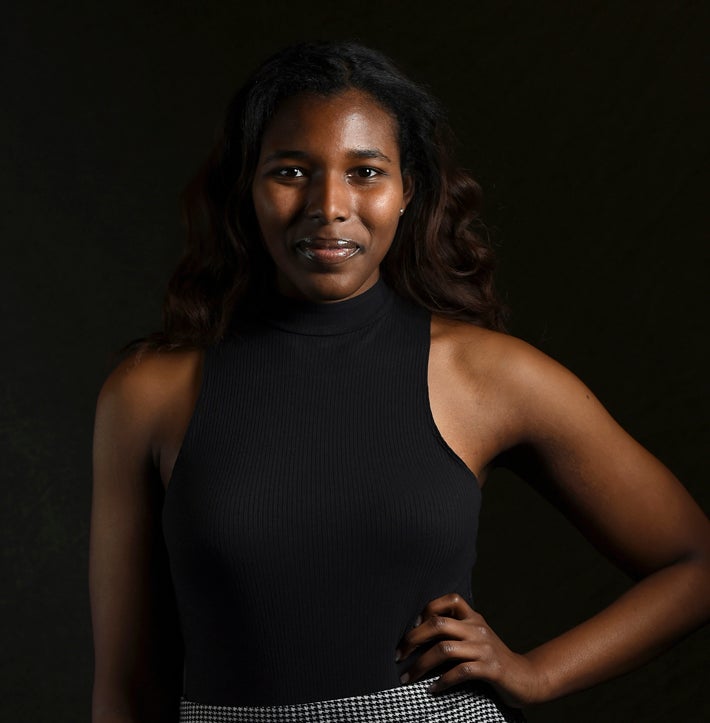
Ra’Van Williams recognized falling into this habit herself. So, she made the choice to begin claiming her successes with more confidence. “I decided to own things and not feel bad about it.”
The VIH Program gave Butchko another gift—insight into where she wants her path to lead after college. A teacher-in-training with a focus on special education and a fresh case of wanderlust, she’s hoping to go abroad again, this time to work with special needs children in a country where resources for such students aren’t always available.
“Now I’m not so scared,” she says of her life’s next adventure. “I broke out of my little shell. I did it, and I can do it again.”
Vira Heinz would surely be proud.
Opening image, from left: Eden Hailu, Mariah Butchko, Courtney Yu, and Ra'Van Williams.
This article appeared in the Summer 2018 issue of Pitt Magazine.

